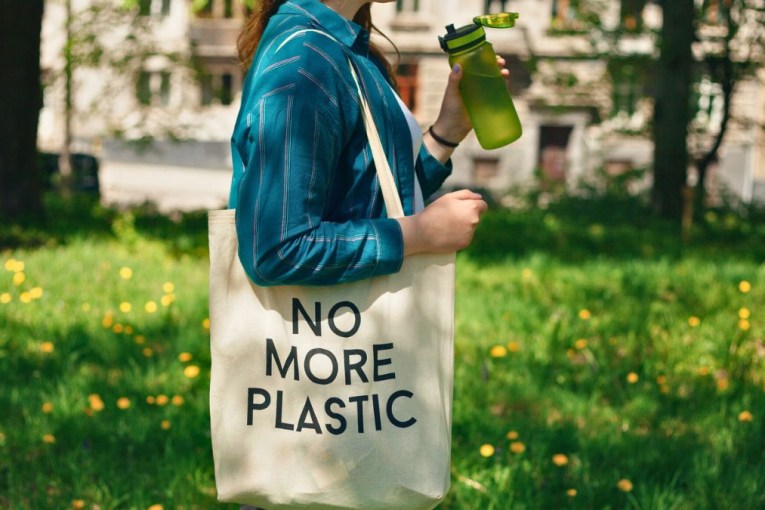Stoush over carbon credit ‘fraud’ heats up

The Clean Energy Regulator stands by the way carbon credits are approved and earned. Photo: AAP
Australian carbon credits are not a “fraud”, a review of claims made by a whistleblower has found.
But former insider Andrew Macintosh and a group of academic colleagues are standing by research that questions three-quarters of the credits issued under the $2.5 billion federal Emissions Reduction Fund (ERF).
“Absolutely we do,” Professor Macintosh said.
The Clean Energy Regulator set in train a review of the claims about the way carbon credits are approved and earned, and released the findings on Wednesday.
An independent committee found the claims were “not substantiated” and said “there were serious deficiencies in the analysis”.
The statement published online also rejected the “extravagant language” used by Prof Macintosh.
Call for data to back up emission reduction claims
The academic, who once headed the integrity committee charged with scrutinising methods approved under the fund, has called for the regulator to release data to back up their own emissions reduction claims.
“Their defensiveness and obfuscation are deeply concerning,” he said.
The leading environmental law and policy scholar at the Australian National University also wants a review by a “suitably qualified expert”.
Industry can buy the credits, earned and issued under federally approved carbon projects, to offset emissions from business activities.
Speculators can also buy them as financial products, while farmers can access new revenue from biodiversity and habitat projects.
Credits ‘a fraud on the environment’
Earlier this year, Prof Macintosh released research saying many credits do not represent new or real emissions cuts, and that major emission reduction methods are flawed in design or the way they are administered.
He had said the credits were “a fraud on the environment, a fraud on taxpayers and a fraud on unwitting private buyers”.
Along with academic colleagues, he rejected the so-called human-induced regeneration method – which stores carbon in regenerated native forests to earn credits – and questioned the integrity of landfill gas projects.
After the claims rocked market confidence, Carbon Market Institute CEO John Connor welcomed the officials’ detailed analysis of the criticisms.
“Community and investor confidence in both reductions and offsets in our carbon markets can only be sustained by regular review and testing of views,” Mr Connor said.
Methods meet integrity standards
The review by the Emissions Reduction Assurance Committee found existing compliance mechanisms are working and that the methods questioned do meet integrity standards set out in Commonwealth legislation.
“Claims concerning the human-induced regeneration method failed to present robust evidence of a lack of integrity or over-crediting,” the review found.
Prof Macintosh said the statement on the method issued by the committee and regulator on Wednesday was “professionally embarrassing” and an “indictment on both bodies”.
He hopes federal Climate Change Minister Chris Bowen will come good on the pre-election pledge for a review.
‘Serious deficiencies’ in research
“The proposed review of the ERF needs to explore the behaviour and culture of both bodies,” the academic said.
The review found “serious deficiencies” in the research into the emissions benefits of the landfill method.
“No basis” was found for the accusation that such projects are profitable without the need for credits, the committee said.
But the professor said the regulator had refused to release data used to support the lucrative method.
“That’s a $500 million decision.”
-AAP








